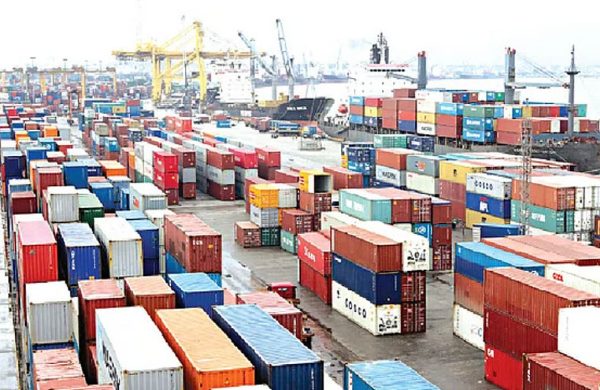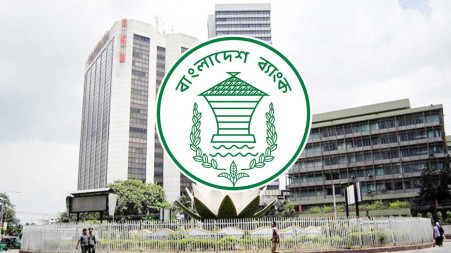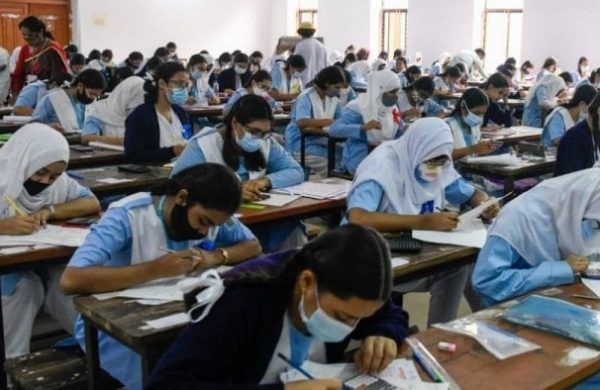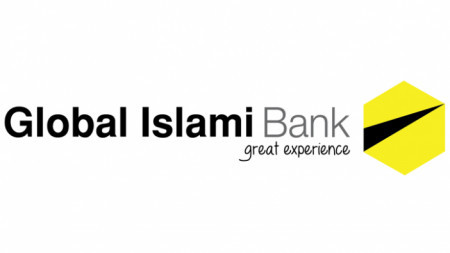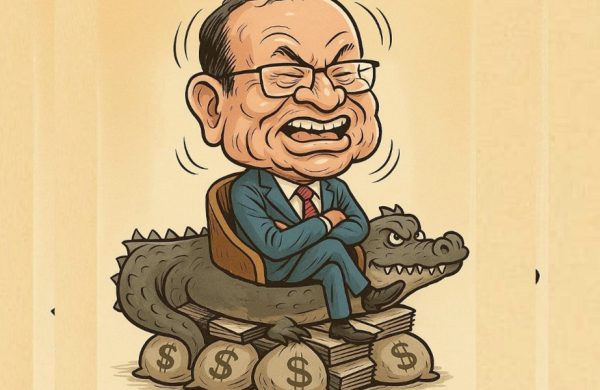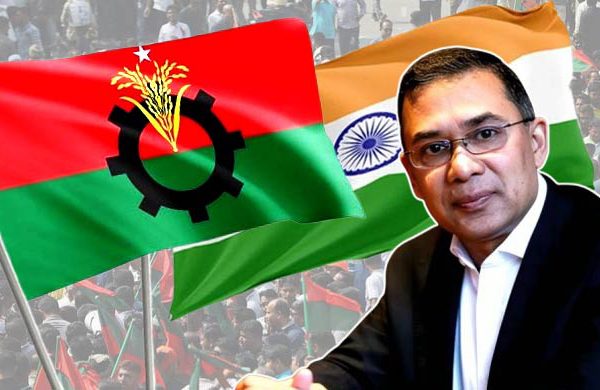One Month of New Governor: Banking sector being revived thru’ reform
- Update Time : Sunday, September 15, 2024
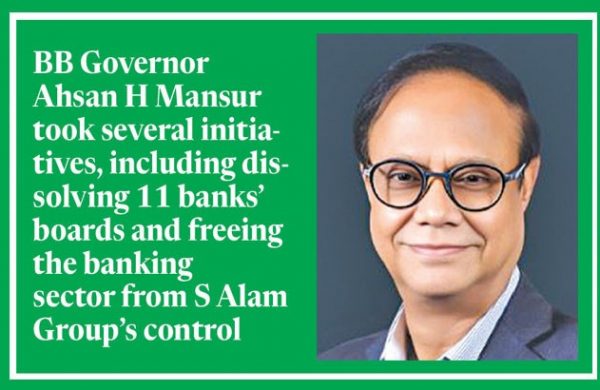
TDS Desk:
Bangladesh Bank Governor Ahsan H Mansur on Saturday completed one month of his assuming office. During this time, he took several initiatives, including dissolving 11 banks’ boards and freeing the banking sector from S Alam Group’s control.
Economists believe that the initiatives, if implemented, will help the country’s banking sector restore good governance and stop bank robbery and money laundering.
Professor Mustafizur Rahman, distinguished fellow at the Centre for Policy Dialogue (CPD), welcomed the initiatives. He also emphasised that the banks need to get rid of rising bad loans.
He said a separate committee may be formed for asset recovery. Prof Rahman also wants legal reforms to ensure good governance in the banking sector.
“Although the number of directors from one family has been reduced, the tenure of bank directors has been extended. This needs to be fixed. Besides, there is a need for stricter guidelines on who can be on the board of a bank.”
Confidence being restored gradually
On the first day of assuming office, the new governor said that arrangements will be made so that those who have looted the bank’s money will not be able to sleep peacefully.
He also announced that necessary initiatives would be taken to bring the customers’ confidence back into the banking sector.
The governor now believes the clients’ confidence in banks started returning.
He said about Tk70 thousand crore went out of the banks due to the lack of trust of the customers in the banking sector. However, the banks have not got back Tk30 thousand crore deposits.
The process of bank reforms began with the change in leadership and fixing the one-group control.
In the financial sector in particular, the message has been given that the days of irregularities, corruption and taking over banks under the umbrella of those in power are over.
It is known that S Alam group took control of at least eight banks including Islami Bank Bangladesh Ltd as a result of political decisions and in some cases under the direct supervision of the Directorate General of Forces Intelligence (DGFI).
Other banks are First Security Islami Bank, Social Islami Bank, Union Bank, Global Islami Bank, Bangladesh Commerce Bank, Al-Arafah Islami Bank and National Bank.
The biggest visible move in the financial sector in the last one month has been the dissolution of the boards of these banks.
Apart from this, three separate task forces have been proposed for reforming the banking sector.
Among these, Bangladesh Bank has formed a six-member task force to reform the new banking sector on loan scams and defaulted loans.
According to the announcement of Bangladesh Bank, this task force will assess the current financial situation of the banking sector, assessment of bad assets and major risks, review of financial indicators of weak banks, assessment of the actual condition of loans, assessment of provision deficit in order to protect financial stability.
It is also said that two more separate task forces will be formed to ensure the autonomy of Bangladesh Bank and recover assets.
Meanwhile, initiatives have been taken to control inflation by increasing the policy interest rate and making money more expensive. Currently the policy interest rate is 9.50%.
Although last July, the highest price inflation in 13 years was 11.66%. But in August, it decreased slightly.
In this context, central bank governor Ahsan H Mansur said that the effect of increasing the policy interest rate will not be seen in the market right now.
“It will take some more time,” he said, adding that it may increase gradually.
The dollar and the foreign exchange reserves crisis that has been going on for several years are still not over.
The new governor took the big initiative from Bangladesh Bank to stop selling dollars from reserves.
Also, last year, Bangladesh Bank introduced the “crawling peg” method to determine the price of the dollar.
On August 18, it was decided that banks will quote a maximum rate of Tk120 for remittance dollars and the rate will also apply to interbank and import payment settlements. Previously the rate was Tk117.
Due to this decision, the banks are now able to pay a little more for the dollar, resulting in an increase in expatriate income.
It may be mentioned that Bangladesh’s banking sector has been going through various crises for several years.
The crisis deepened in the last two years, which included control of banks by a group, bank looting in the name of loans and money laundering, rampant bad loans, severe liquidity crisis in banks, dollar and reserves crisis.
After the fall of Sheikh Hasina’s government last month, Abdur Rauf Talukder resigned as the Bangladesh Bank governor.
In this critical time, economist Dr. Ahsan H. Mansur took charge of Bangladesh Bank on August 14.


